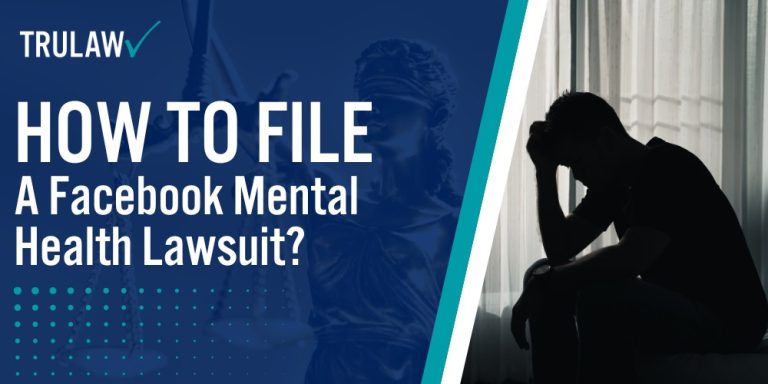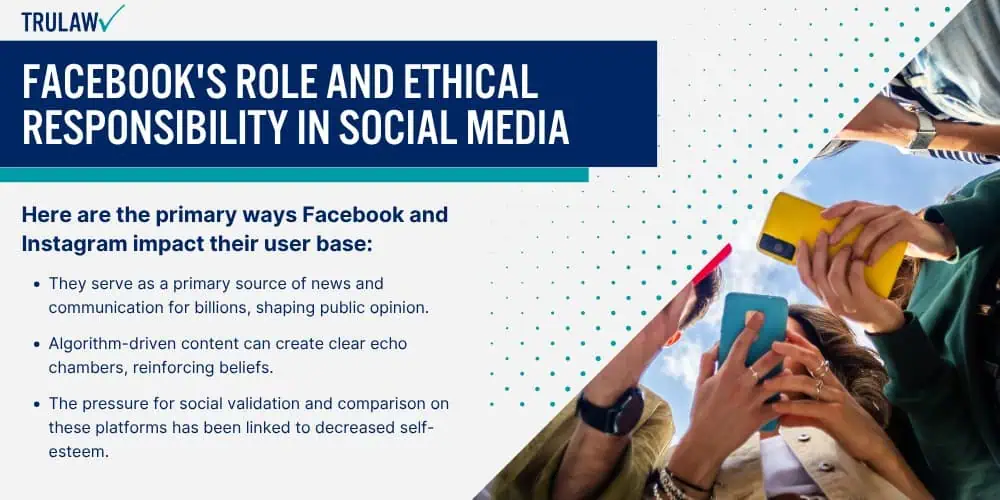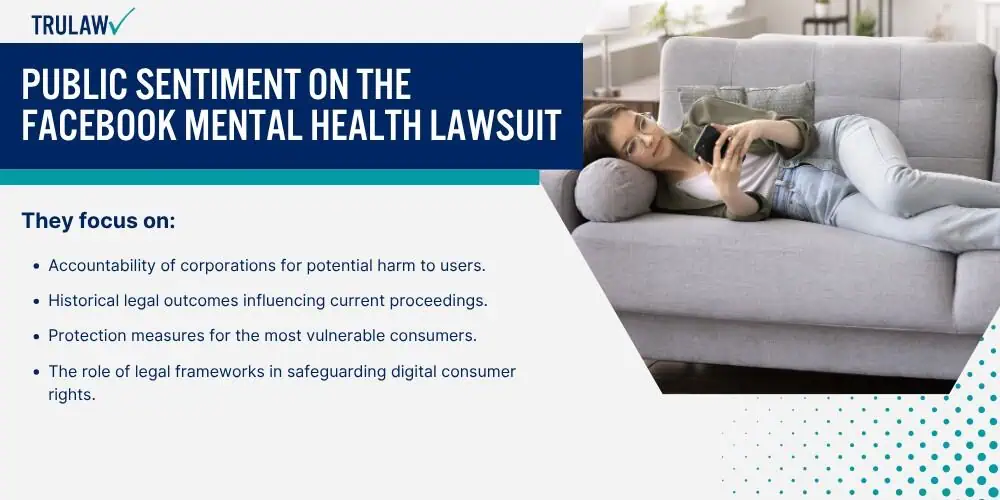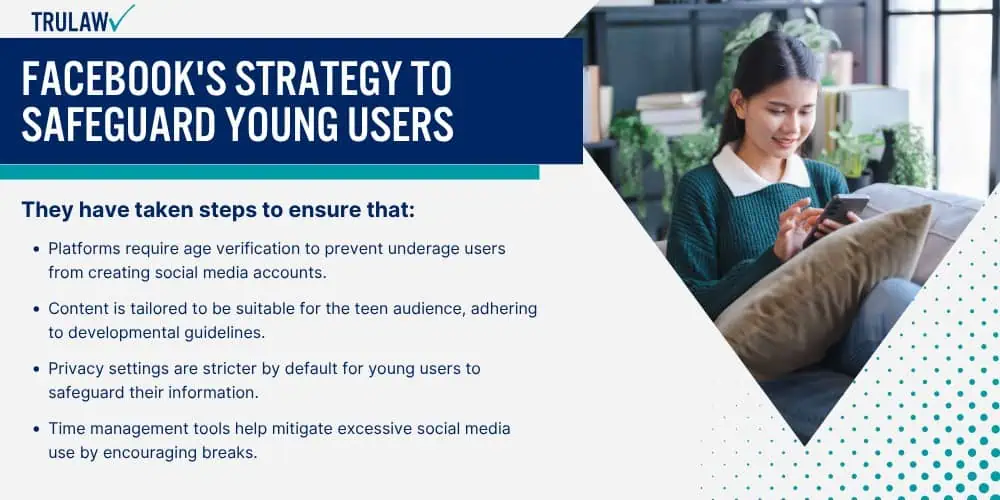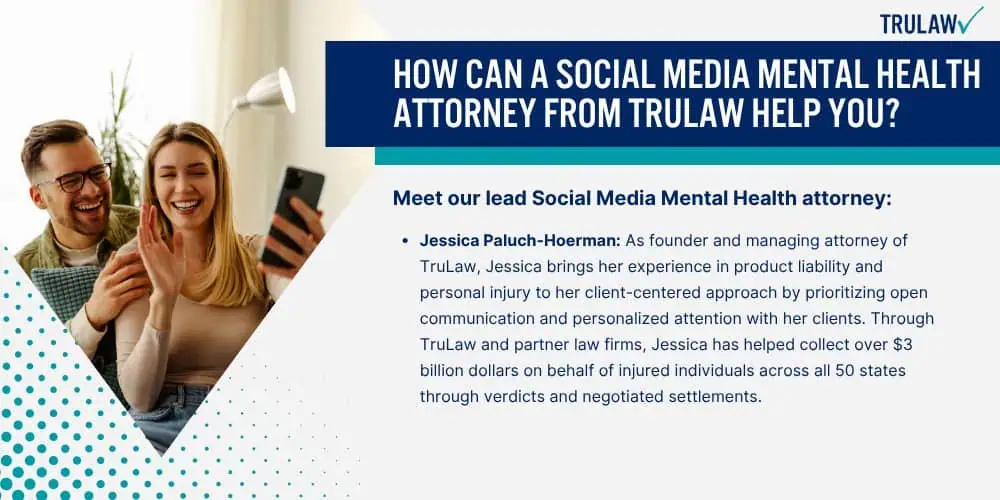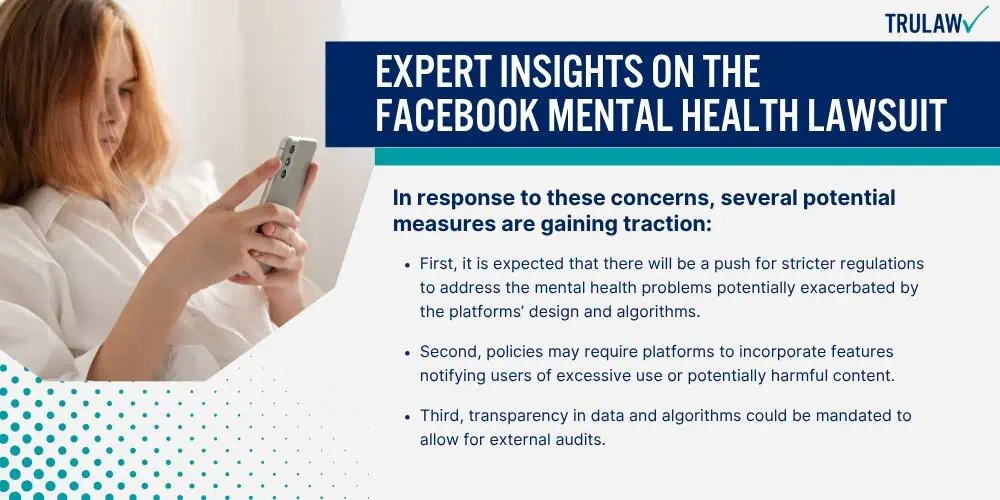Social media’s role in the lives of young people has become increasingly scrutinized, particularly considering the range of mental health issues that may arise from its use.
This section explores the negative mental health impacts that platforms like Facebook have on teen mental health.
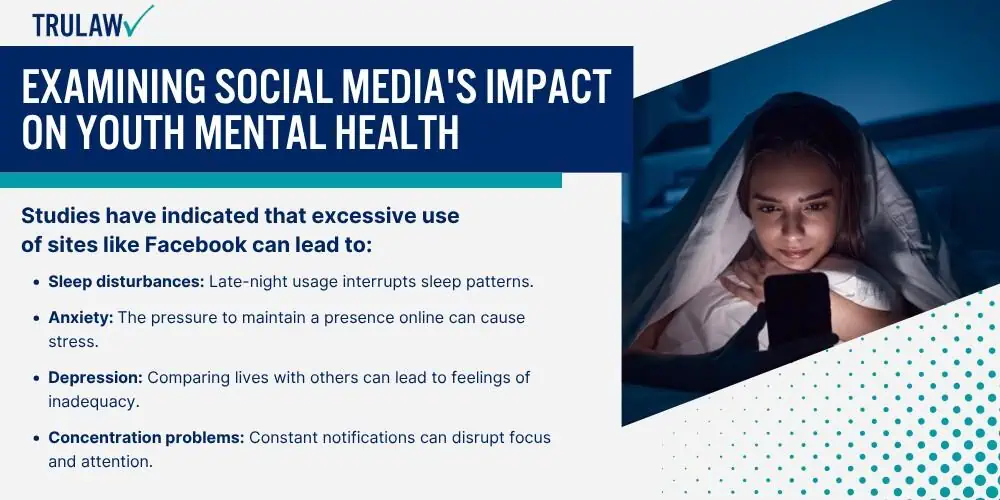
Assessment of Mental Health Issues Arising from Facebook Use
Social media platforms have been associated with a variety of mental health issues among young users.
Studies have indicated that excessive use of sites like Facebook can lead to:
- Sleep disturbances: Late-night usage interrupts sleep patterns.
- Anxiety: The pressure to maintain a presence online can cause stress.
- Depression: Comparing lives with others can lead to feelings of inadequacy.
- Concentration problems: Constant notifications can disrupt focus and attention.
These issues are particularly relevant given the integration of social media into teens’ daily lives.
Adverse Effects of Social Media Usage on Teen Mental Health
The negative mental health impacts of social media on teens extend to various aspects of their well-being.
Key adverse effects include:
- Increased feelings of loneliness and isolation despite being more ‘connected’.
- Exposure to cyberbullying leads to emotional distress.
- Body image issues stemming from unrealistic beauty standards are prevalent online.
- A heightened fear of missing out (FOMO), contributes to persistent worry and dissatisfaction.
The teenage years are critical for social and emotional development, and social media has emerged as a powerful influence during this vulnerable time.
Specific Effects on Teen Girls and Self-Esteem
Teenage girls in particular face unique challenges due to social media usage.
They may experience:
- Intense scrutiny over physical appearance is linked with poor self-esteem.
- Increased rates of negative body image as they compare themselves to edited and curated photos.
- Greater susceptibility to eating disorders prompted by constant exposure to body-centric content.
- Psychological distress is tied to the quest for social validation and likes.
As research evolves, the nuanced ways in which social media use affects young users, especially teen girls, are becoming clearer.
It underscores the importance of understanding and addressing the particular vulnerabilities they face online.
